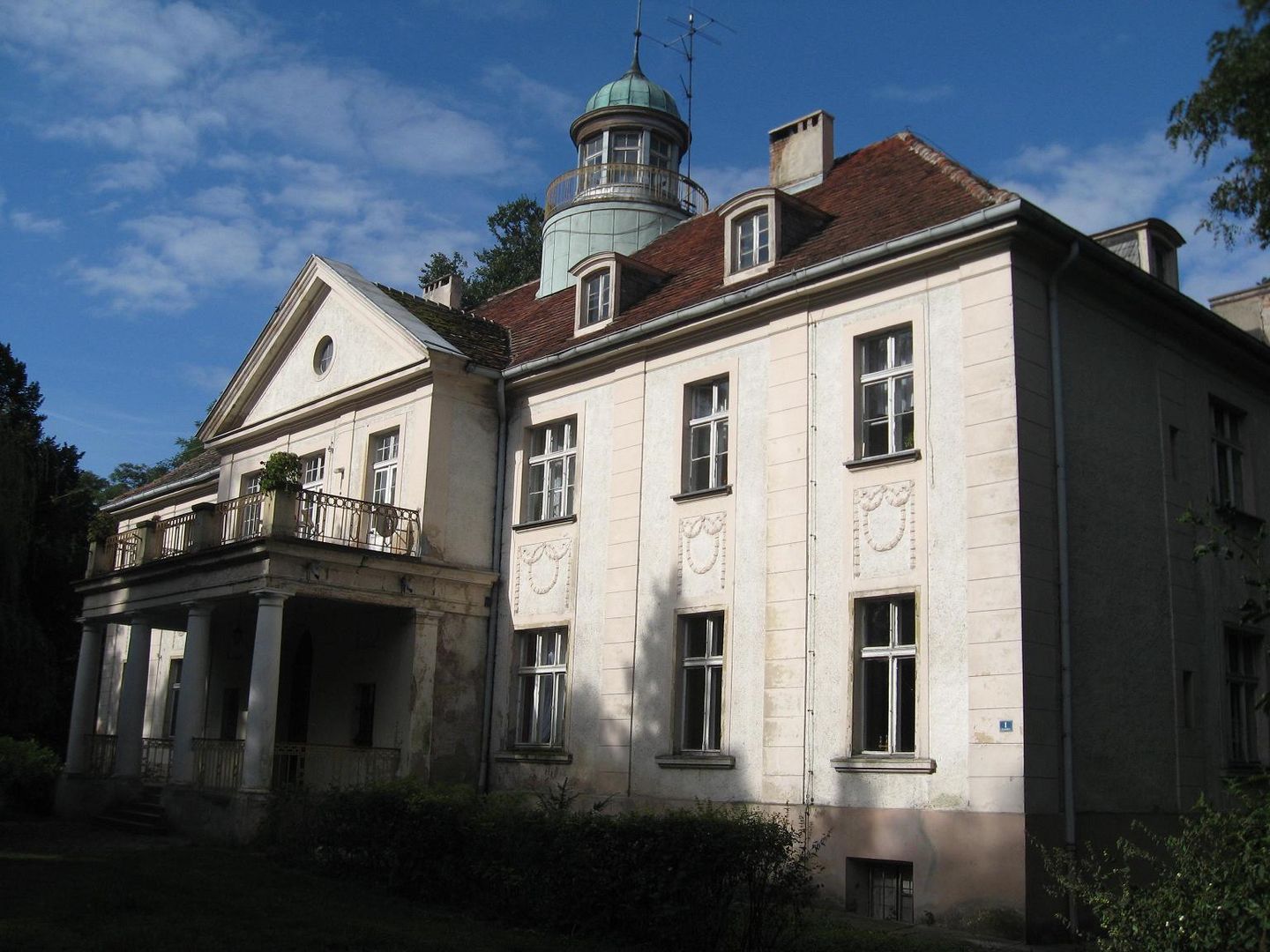Polanowice
6.34

Overview
Polanowice is a village in Poland, located in the Kuyavian-Pomeranian Voivodeship, within the Inowrocław County, in the municipality of Kruszwica. Its history dates back to prehistoric times, when Neolithic farming communities inhabited the area. In the Middle Ages, Polanowice became part of the Kuyavian Diocese, with the first written records mentioning the village dating back to 1123. Over the centuries, the village developed and changed ownership multiple times, including being held by the Pobóg family. By the 15th century, it was divided among four brothers.
In the 16th century, Jan Polynowski emerged as a prominent figure, and in the 18th century, the village came into the possession of Stanisław Potocki, who later sold it to Józef Różniecki. During the 19th century, the estate was acquired by Baron Karol Ferdynand von Pelet-Narbonne, who established a park and a school. Polanowice was also home to a Jewish community. In the 20th century, the village witnessed the dramatic events of World War II when Hans Gierke, the heir of the estate, was murdered by the Germans for aiding Poles.
The architecture of Polanowice includes several historical monuments, such as the Church of St. Mark the Evangelist from 1838 and a 19th-century palace complex. The church is distinguished by its late Classicist style, while the palace is surrounded by a landscaped park. The village also has a sports legacy, with an active football club called Ludowy Zespół Sportowy "Fregata." With its rich history and cultural heritage, Polanowice represents an interesting element of the regional identity of Kuyavia.
Location
2026 Wizytor | All Rights Reserved